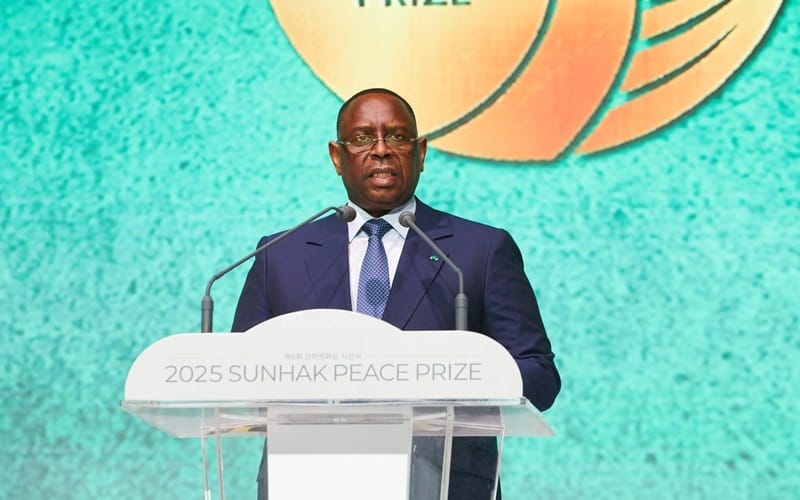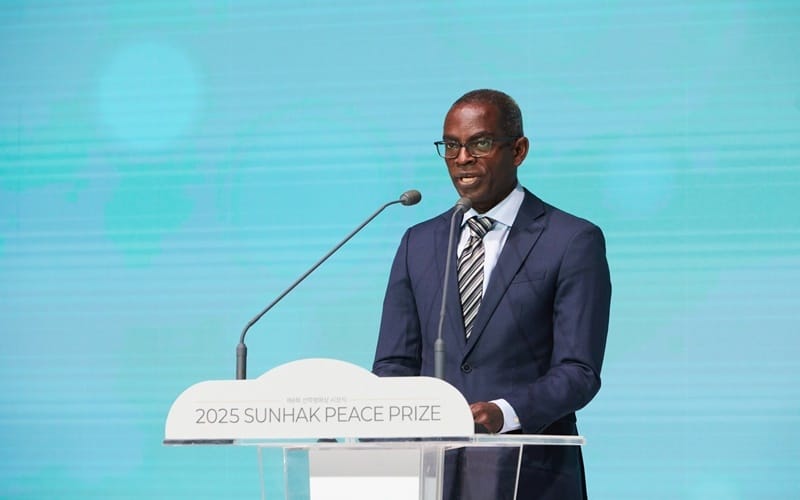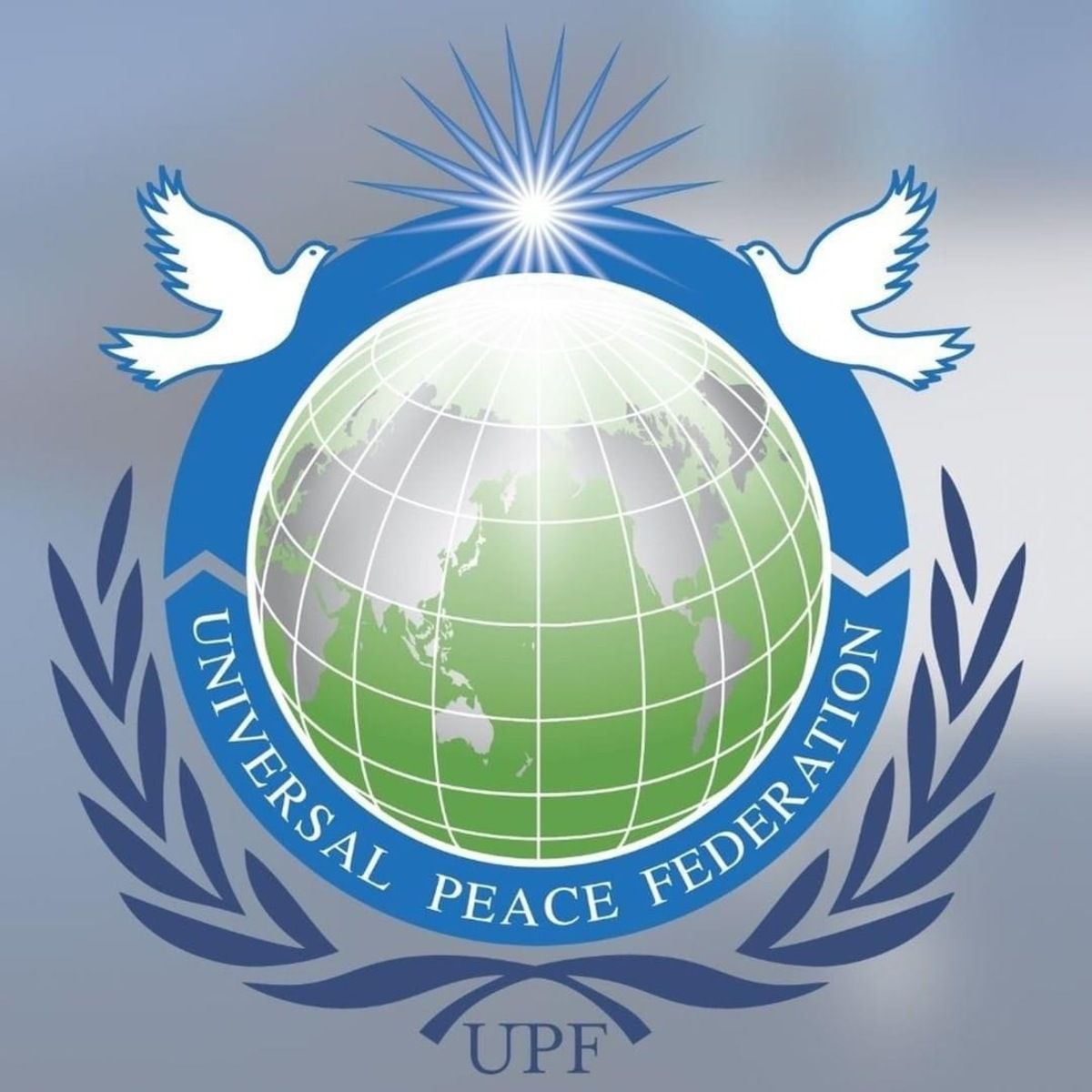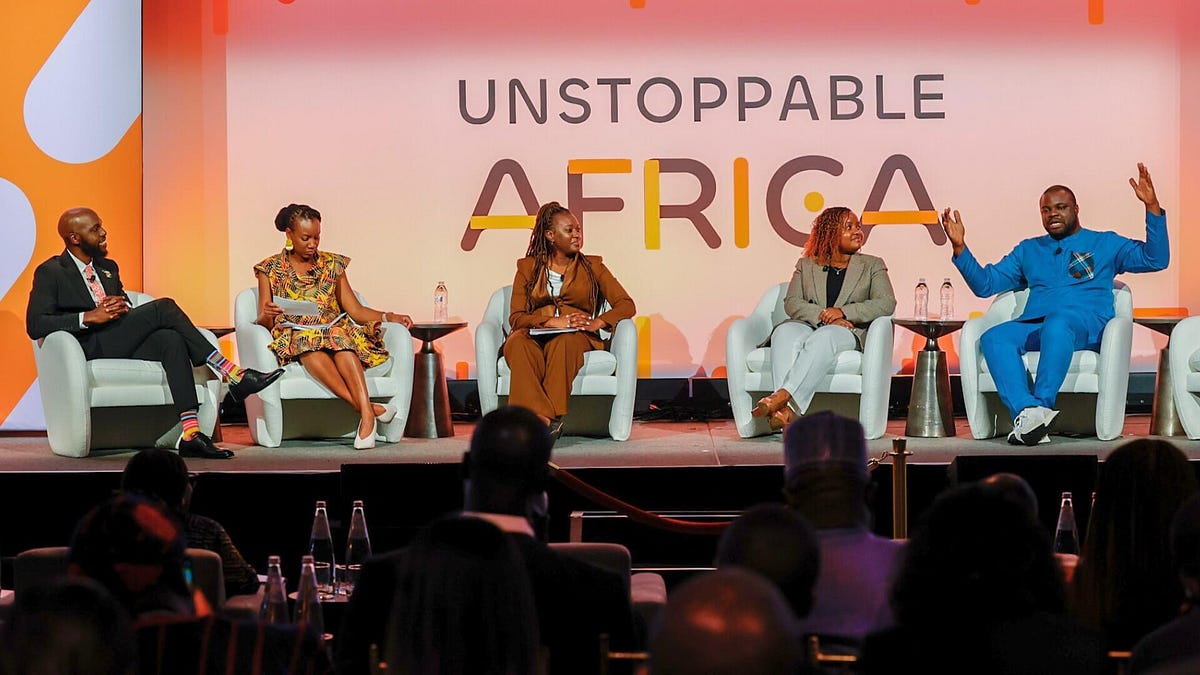
Launched by the UN General Assembly via Resolution A/RES/71/222, the International Decade for Action, ‘Water for Sustainable Development’ (2018–2028), commencing on World Water Day, 22 March 2018, aims to accelerate efforts to meet water-related Sustainable Development Goals, especially SDG 6 on clean water and sanitation. The Decade is led by UN-Water, with the support of its members and partners, including UNDESA, UNESCO, UNICEF, WHO, FAO, UNECE, and UNDP. It builds on the legacy of the previous Water for Life Decade (2005–2015) and emphasizes cooperation, innovation, and integrated management of water resources to support sustainable development. The Decade underscores that access to safe water is a universal human right and a shared global responsibility.
The International Decade for Action on Water for Sustainable Development serves as a global call to protect water resources. The Universal Peace Federation aligns with this initiative through its founding principles of interdependence, mutual prosperity, and universal values. For UPF, access to clean water as God’s gift represents a prerequisite for peace and human progress.

UPF's co-founders emphasized the connection between human well-being and environmental health. They integrated practical science with ethical principles in service to the global community. They also supported environmental campaigns in the Pantanal wetlands of South America, protecting one of the largest aquatic ecosystems on Earth. Their early initiatives, collectively referred to as the “Ocean Providence,” promoted sustainable fisheries, marine education, and international cooperation.
From the 1960s onward, the UPF co-founders developed pioneering marine enterprises that blended technology with ecological awareness. In 1963, they oversaw the launch of the fishing vessel Cheon Seung Ho (meaning “Victory of Heaven”) at the Manseok-dong pier in Incheon, marking the beginning of Korea’s Oceanic Era. In the 1970s and 1980s, they established shipyards in Norfolk, Virginia, and Bayou La Batre, Alabama, as well as seafood processing plants in Gloucester, Massachusetts, and Kodiak, Alaska. The True World Foods network later became one of the leading seafood distributors in North America, advancing sustainable fishing and intercontinental trade. Its operations were guided by respect for marine ecosystems, emphasizing responsible harvesting, minimal bycatch, and long-term preservation of fish populations. This harmony between economic activity and marine ecology reflected the co-founders’ principle that prosperity must coexist with environmental balance.

Alaska also served as a center for testing new fishing vessel designs, reinforcing the founders’ belief that the ocean would be vital to humanity’s future. In later decades, new technological initiatives were developed in Korea, including the creation of an unsinkable eco-friendly vessel Cheon Jeong Ho (meaning “Heart of Heaven”) inaugurated in Yeosu in 2011 and the design of an electric boat for Lake Cheongpyeong initiated by Dr. Hak Ja Han after the passing of Dr. Moon. These innovations reflected the co-founders’ continued commitment to practical solutions for ocean safety, clean energy, and sustainable maritime development.

In addition, the co-founders led long-term efforts to develop Korea’s southern coastline and the city of Yeosu as a hub for maritime cooperation. In November 2019, UPF held the International Conference on the Significance of the Ocean in Yeosu, Republic of Korea, with participants from Korea, Japan, the United States, Russia, and several Pacific and Southeast Asian nations. The event emphasized ocean restoration, environmental responsibility, and the continuation of this maritime vision through education and cooperation.
Carrying the Wave Forward: Leadership, Innovation & Action
Dr. Hak Ja Han continues this legacy by advocating ethical responsibility toward nature. UPF views water scarcity as a direct threat to social stability and peace. The co-founders consistently affirmed that the ocean would become humanity’s most important source of food in the future. They viewed the protection and sustainable use of the seas as essential for ensuring both nutrition and peace on Earth. This belief naturally connects to the achievements of modern innovators who transform aquatic resources into engines of development and well-being.
Several laureates of the Sunhak Peace Prize also embody the ideals of the International Decade. President Macky Sall of Senegal (2020 laureate) has made water access and environmental stewardship national priorities through national programs such as the Programme d’Eau Potable et d’Assainissement du Millénaire and initiatives for coastal preservation.
Dr. Modadugu Vijay Gupta of India, recipient of the 2015 Sunhak Peace Prize, pioneered sustainable aquaculture systems that brought food security and livelihoods to millions across Asia and Africa. His research showed how science and compassion can support sustainable solutions. Their contributions demonstrate how effective leadership can support clean water access and development.
UPF supports the objectives of the International Decade through its academic initiatives under the International Association of Academicians for Peace (IAAP). These efforts emphasize sustainability, urging policymakers to base ecological decisions on sound principles and collective responsibility.

H.E. Macky Sall

Patrick Awuah, Jr.

Modadugu Vijay Gupta
The philosophy of UPF's co-founders aligns with the mission of the International Decade for Action, ‘Water for Sustainable Development’. Water represents more than a physical necessity, making its protection a practical imperative. To advance the goals of the International Decade, UPF calls upon governments, civil society, academia, and the private sector to strengthen partnerships and act as responsible stewards of our planet's water resources.



